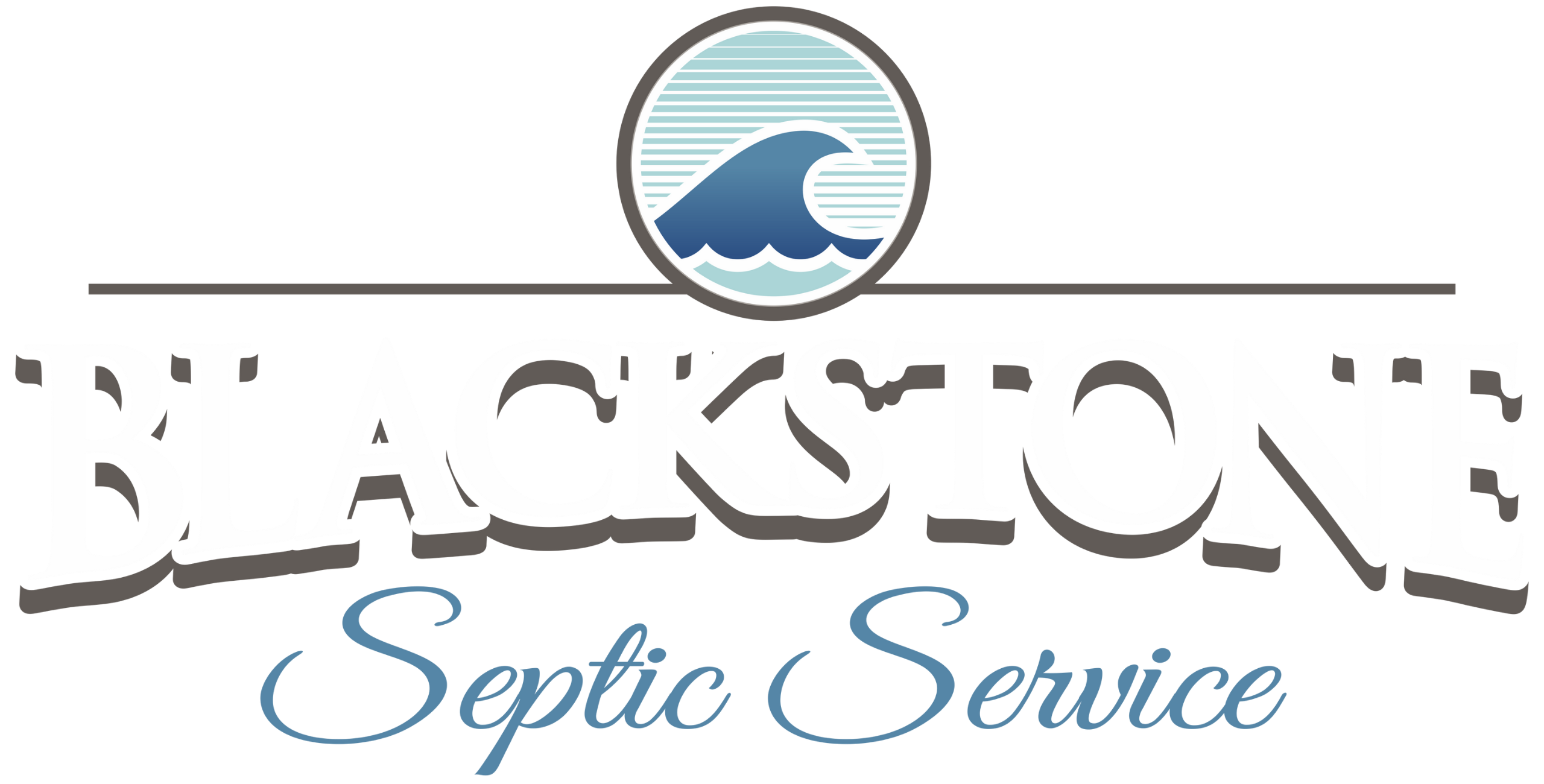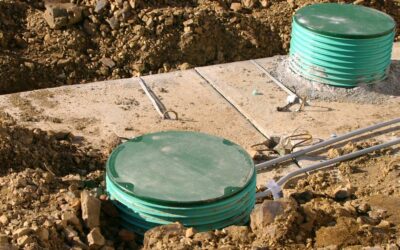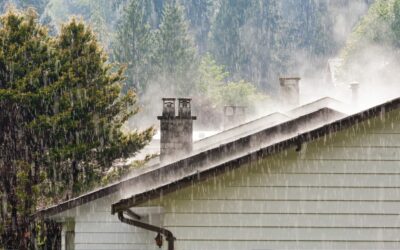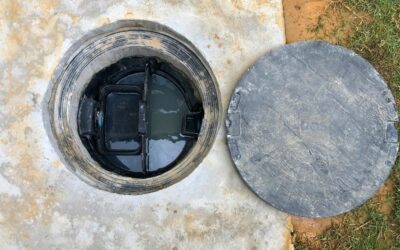Is Liquid Plumber safe for septic systems? Here’s your quick answer:
Quick Answer: Yes, Liquid Plumber is generally deemed safe for septic systems. Its fast-degrading ingredients safeguard the crucial bacterial ecosystem, ensuring the optimal functioning of your septic system.
3 Reasons Why It is Safe: Liquid Plumr is generally safe for septic systems when used as directed with its septic system-safe formula, following recommended amounts and wait times, and considering its use of biodegradable ingredients, but it’s crucial to avoid excess and seek professional advice for persistent issues.
Delving Deeper: In this comprehensive guide, we’ll explore the specifics of septic system operations and the indispensable role that drain cleaners, like Liquid Plumber, play in maintaining their efficiency.
Whether you’re facing a clogged drain or seeking preventive measures, this guide will help you make informed decisions about caring for your septic system.
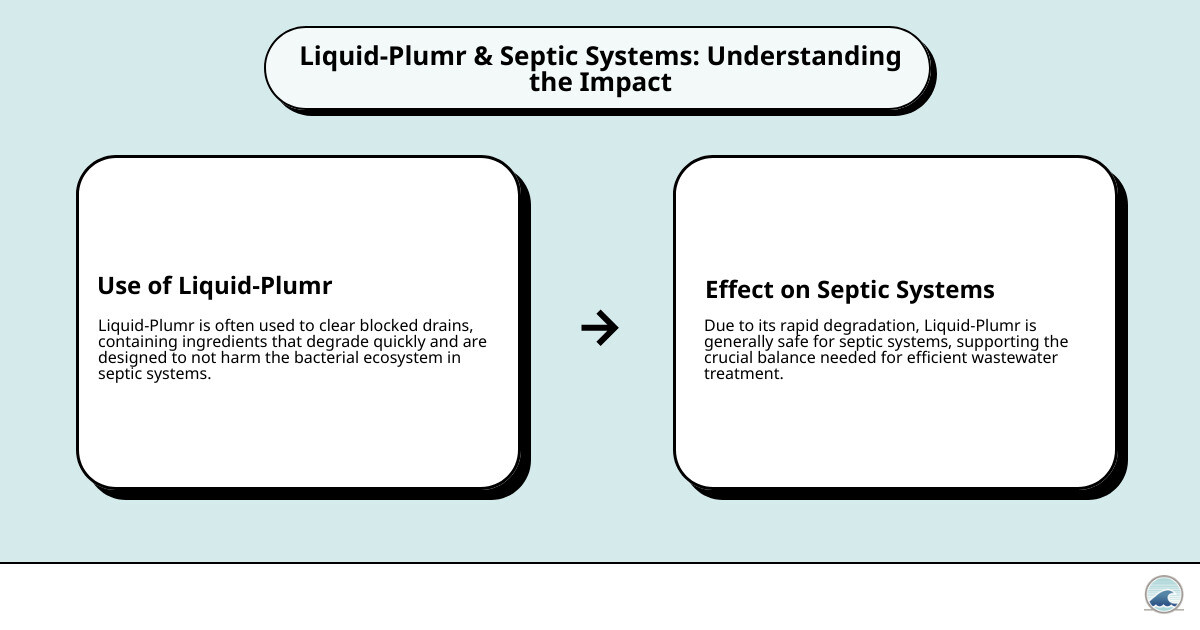
Comprehensive Guide: Liquid Plumber for Septic Tanks
Understanding Septic Tanks
Septic systems are a vital component of many homes, especially in areas not served by municipal sewage systems. These systems handle waste in an eco-friendly manner, but they require careful maintenance to keep them working properly.
A common homeowner question is whether popular drain cleaning solutions, like Liquid Plumber, are a safe choice for homes with septic systems.
The concern revolves around the potential environmental impact and the health of household plumbing – particularly, the balance of bacteria in septic tanks that are essential for breaking down waste.
Is Liquid Plumber Safe for Septic Systems?
The short answer is yes. Liquid-Plumr is generally considered safe for septic systems, but caution is advised. These products are designed to degrade quickly, minimizing harm to beneficial bacteria.
However, it’s crucial to adhere to the manufacturer’s instructions and use them sparingly, as excessive or improper usage can still lead to issues.
In summary, while Liquid-Plumr can be a solution for occasional tough clogs, it’s important to exercise care. The delicate bacterial balance in septic systems should be preserved, making it wise to explore gentler alternatives for routine maintenance and reserve chemical solutions for rare, stubborn clogs.
With proper maintenance and thoughtful product selection, your septic system can operate smoothly for years to come. Learn more about septic system maintenance and safe practices.
Using Liquid Plumber for Septic Systems
When it comes to unclogging drains, Liquid-Plumr is a name many households trust. But if you have a septic system, you might wonder, “Is Liquid Plumber safe for septic systems?”
Let’s dive into the details to give you a clearer picture.
What’s Inside Liquid-Plumr Products?
Liquid-Plumr products are formulated with a mix of chemicals designed to dissolve clogs quickly. The main components include:
- Sodium hydroxide: Helps break down organic matter in clogs.
- Sodium hypochlorite: Acts as a disinfectant and bleach.
- Surfactants: Aid in breaking down grease and other stubborn materials.
These ingredients are effective in clearing blockages but raise questions about their impact on septic systems.
Septic-safe Claims
Liquid-Plumr asserts that its products are safe for septic systems. This is because the chemical composition is designed to degrade quickly, minimizing harm to the bacterial ecosystem within your septic tank.
However, this claim comes with a caution: using such products should not be a regular maintenance practice but rather a once-in-a-while solution for tough clogs.
Effects on PVC and Copper Pipes
For homes with PVC or copper pipes leading to the septic system, Liquid-Plumr is deemed safe. The product’s formulation does not corrode these materials, ensuring that your plumbing remains intact after use.
This is good news for most modern homes that use these materials for their plumbing systems.
Rubber Piping Caution
However, a word of caution is needed for homes with rubber piping. Liquid-Plumr is not recommended for use with rubber pipes as the chemicals can cause damage, leading to leaks or other plumbing issues.
It’s essential to know the type of pipes in your home before using Liquid-Plumr or similar products.
Alternatives to Chemical Drain Cleaners
When your drains get clogged, it’s tempting to reach for a quick chemical fix. But when you have a septic system, you need to think twice. Harsh chemicals can disrupt the delicate balance of your septic tank’s ecosystem. Luckily, there are safe and effective alternatives.
Natural Remedies
Baking Soda and Vinegar: This classic duo is not just for science fair volcanoes. Mixing baking soda and vinegar can create a powerful reaction that helps clear clogs without damaging your septic system.
Pour half a cup of baking soda down the drain, followed by half a cup of vinegar. Cover the drain to keep the reaction below, where it can do its work. After an hour, flush the drain with hot water.
Boiling Water: Sometimes, a kettle of boiling water is all it takes to dissolve a blockage. This method is most effective on grease or soap buildup.
It’s simple, safe for your septic system, and readily available in any household.
Professional Services
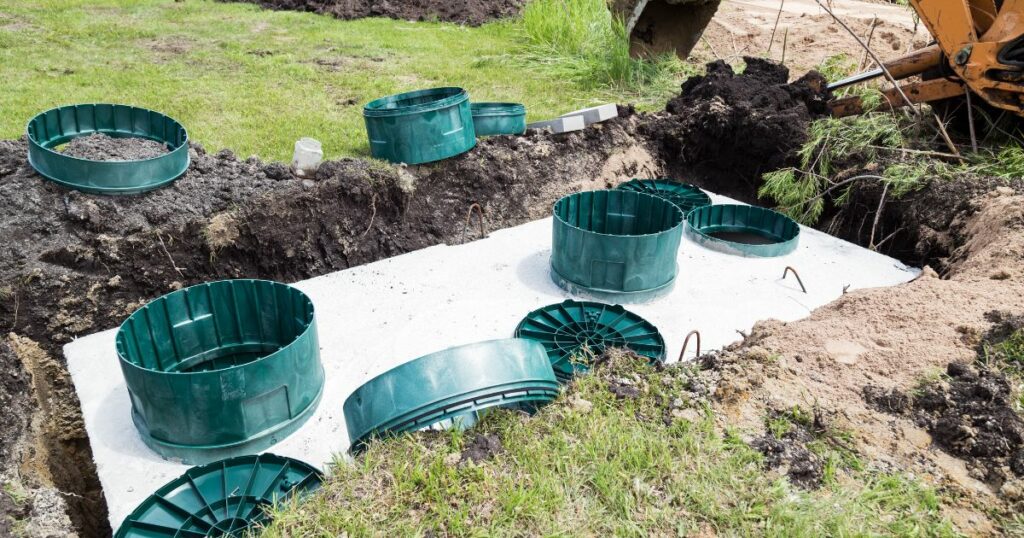
When natural remedies don’t cut it, it might be time to call in the professionals.
Companies like Blackstone Septic Service have the expertise and equipment to deal with stubborn clogs without compromising the health of your septic system.
They can identify the root cause of the problem and provide a targeted solution that avoids the need for harsh chemicals.
Why Choose Professional Septic System Services?
- Expertise: Professionals understand how septic systems work and can diagnose issues beyond simple clogs.
- Equipment: They have specialized tools that can clear drains without damaging pipes or septic tanks.
- Safety: Professionals know how to safely handle clogs without risking harm to your system or the environment.
Choosing natural remedies or professional services over chemical drain cleaners protects your septic system’s delicate balance. It’s not just about avoiding immediate damage; it’s about ensuring your system continues to work effectively for years to come.
In the next section, we’ll dive into the essentials of septic system maintenance, from regular inspections to safe disposal practices. Keeping your system in top shape is easier than you might think, and it can save you a lot of trouble down the line. Explore more about septic system care and maintenance
Maintaining Your Healthy Septic System
Maintaining a healthy septic system is crucial for the longevity of your home’s wastewater management and to avoid any unpleasant surprises. Let’s break down the essential practices for keeping your septic system running smoothly.
Regular Inspections
Why It’s Important: Just like any other part of your home, your septic system needs regular check-ups to catch any issues before they become major problems. Small fixes now can save you big bucks later.
What to Do: Schedule an inspection every three years. However, if you have mechanical components as part of your septic system, aim for an annual inspection.
Avoiding Harmful Substances
Your septic system relies on a delicate balance of bacteria to break down waste. Certain chemicals can disrupt this balance, leading to system failure. What to Avoid:
- Chemical Drain Cleaners: Yes, this includes wondering if Liquid Plumber is safe for septic systems. While occasional use might be okay, regular use can harm the bacteria in your system.
- Non-Biodegradable Items: Non-flushable wipes, feminine hygiene products, and other non-biodegradable items can clog your system.
- Household Chemicals: Pesticides, paints, and solvents should never go down your drains.
Blackstone Septic Service
Why Choose Us: At Blackstone Septic Service, we’re not just about solving problems when they arise; we’re about preventing them in the first place. Our comprehensive maintenance services are designed to keep your septic system in peak condition, ensuring it operates efficiently for years to come.
What We Offer:
- Regular Pumping: To prevent sludge buildup, we recommend having your septic tank pumped every 2-3 years.
- Inspection and Maintenance: Our expert team can spot potential issues before they escalate, saving you from costly repairs.
- Education: We believe in empowering our customers with knowledge about their septic systems. Understanding what should and shouldn’t go down your drains is the first step in preventing septic system failure.
Maintaining your septic system doesn’t have to be a daunting task. With regular inspections, careful what you put down your drains, proper disposal of grease and oils, and the support of Blackstone Septic Service, you can ensure your system remains healthy for years to come.
Conclusion
In wrapping up our discussion on the safety of using Liquid Plumber for septic systems, we’ve navigated through the complexities of septic system care and the critical role of choosing the right products. The journey to maintaining a healthy septic system is paved with understanding, caution, and informed choices.
At Blackstone Septic Service, we understand the intricacies of septic system care. Our team is dedicated to providing you with the knowledge and services needed to keep your system running smoothly. Whether you need routine maintenance, advice on the safe use of household products, or emergency services, we’re here to help.
The health of your septic system influences not just your household but the environment at large. By choosing septic-safe products and partnering with experienced professionals like Blackstone Septic Service, you’re making a responsible choice for your home and the planet.
Contact us today and let’s work together to ensure your septic system remains a reliable and efficient part of your home for years to come. For more information on septic system care or to schedule an inspection, visit us at Blackstone Septic Service.
Frequently Asked Questions about Septic Safe Drain Cleaners
Navigating the maintenance of your septic system can be tricky, especially when it comes to choosing the right products. Below are some common questions about septic-safe drain cleaners to help you make informed decisions.
What are the signs of a septic system failure?
Recognizing the early signs of a septic system failure can save you from costly repairs. Here are some indicators to watch out for:
- Slow Draining: Sinks, showers, and toilets that drain more slowly than usual might indicate a problem in the septic system.
- Unpleasant Odors: Foul smells emanating from your drains or the septic tank area can signal a backup or system failure.
- Sewage Backup: The most alarming sign is sewage backing up into your home, signaling an immediate issue with your septic system.
- Gurgling Sounds: Unusual noises coming from your plumbing system can indicate a blockage or failure in the septic system.
- Wet Spots: Soggy or wet areas around the drain field could mean that the wastewater is not being properly absorbed into the ground.
- Our Content
Our experienced septic tank specialists have carefully reviewed and edited all of the content to ensure that it meets our high standards for quality and accuracy. At Blackstone Septic Service, our mission is to provide unparalleled expertise and service excellence in the realm of septic system care. With a dedicated team of professionals committed to delivering top-tier solutions, we specialize in comprehensive services encompassing everything from existing system routine maintenance like septic tank pumping and new septic tank system installations.
Blackstone Septic Service is a family-owned company with highly trained technicians, with over 75 years of experience in septic tanks.
